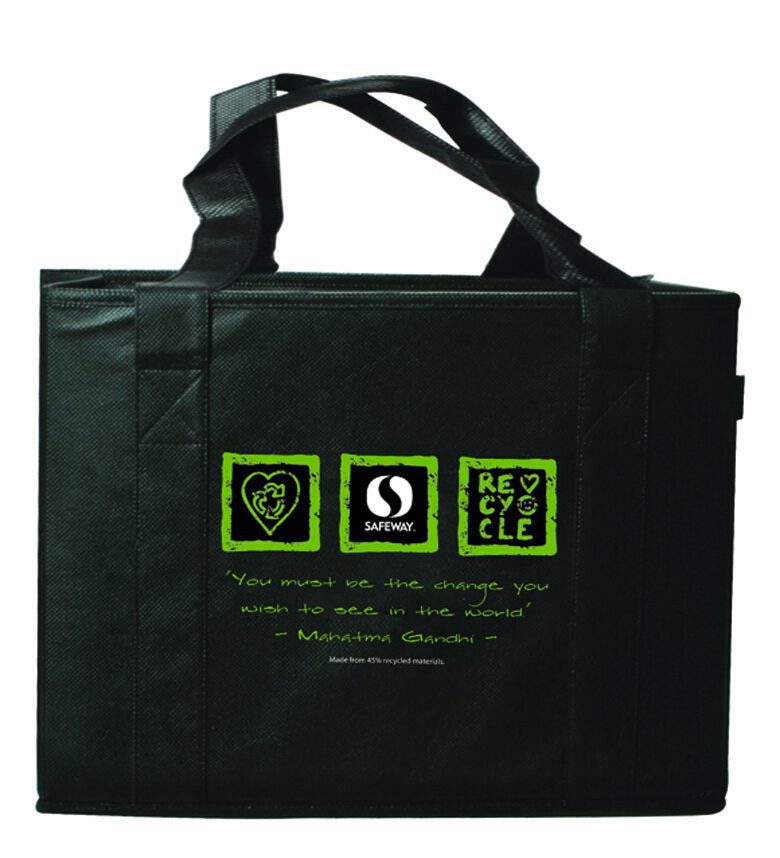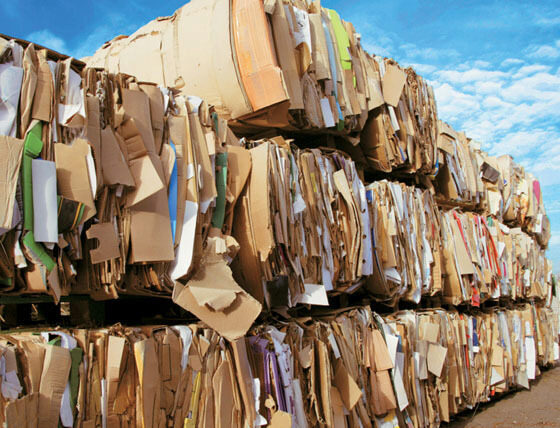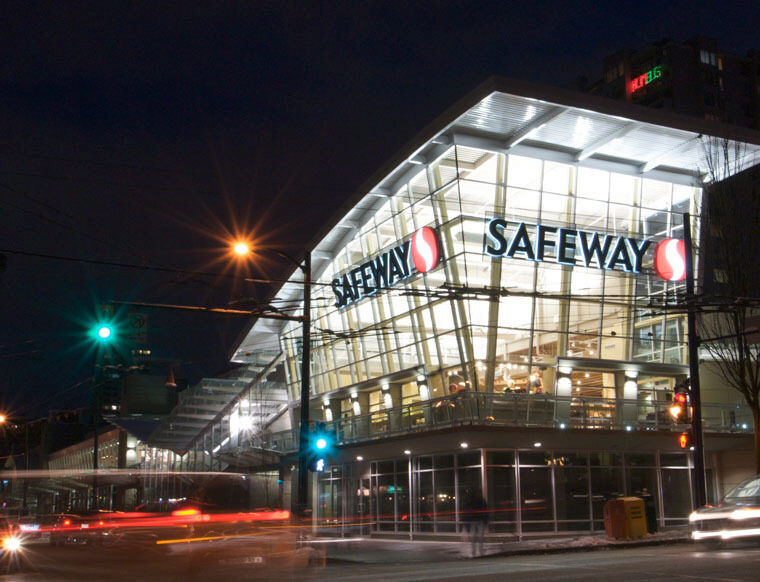Climate & Energy
Safeway believes in reducing our carbon footprint to help address climate change.
We strive to increase our energy efficiency in the following ways:
- Improving fuel efficiency in our trucks.
- Switching to LEDs that use less electricity.
- Creating new ways to manage our energy use.
- Investing in energy efficient technologies to reduce the electricity usage in our stores, distribution centres, manufacturing plants and offices.
- Investing in better refrigerant systems to lower our environmental impact.
Safeway constantly explores technologies that can help us reduce our carbon footprint, while improving our business operations and making an impact in the community.

Reusable Bags
Safeway’s reusable bags are an easy way to make a lasting impact on the environment, and we encourage shoppers to use our broad selection of reusable bags and totes for a diverse range of shopping needs.
This includes:
- Educating our customers and employees about the importance of reducing plastic bag use.
- Encouraging the use of totes and reusable bags through signage.
- Training our cashiers to more efficiently package orders at our checkstands.
We are well on our way to reaching the 2010 industry goal of lowering plastic bag use by 50% over our five years.
Customers are encouraged to use the plastic bag recycling depots located at the entrance of all Safeway stores to dispose of unwanted plastic bags. These bags are then sent to Trex Company where they’re given a new longer term use as plastic decking, fencing, railing and furniture.
Recycling & Waste Reduction
Our commitment to responsible business practices includes thoughtful consideration of how we can reduce the amount of waste sent to landfills which includes recycling and waste reduction. While our recycling efforts date back nearly 50 years, Safeway also has a number of business practices in place for evaluating and improving our environmental footprint.
Each Safeway store has a short term goal of diverting an average of 70% of material from landfills with an ultimate goal of up to 90% waste diversion. This is accomplished through a variety of recycling, composting and waste control initiatives.
We’re making the following strides as a result of diversion initiatives:
- Improving our corrugated cardboard and paper, plastic and rendering diversion programs.
- Establishing composting programs at more than 75% of our stores.
- Reducing our plastic bag use significantly.
- Providing customers a convenient way to recycle millions of unwanted plastic bags at recycling bins located at our stores. The bags are given new life when repurposed into plastic decking and furniture.
- Conducting waste audits and establishing store specific waste diversion goals.
- Minimizing food waste through daily ordering, clearance pricing and donating products by matching every store with a local food bank.
Our pharmacies also dispose of needles, syringes, and other medical waste on behalf of our customers, which keeps waste safely out of landfills and turns it into a material that helps our communities build and grow.

Store Design & Construction
We design a Safeway store with our customers in mind. As a proud community partner, we ensure our buildings enhance the long-term economic and social sustainability of the neighbourhoods we serve.
We strive to minimize our environmental impact on the earth and surrounding communities whenever we build or update our facilities. These improvements to our stores help create a greener future by featuring a number of sustainable and energy efficient elements in their design, construction and on-going operations.
LEED® Silver certifiable stores include:
- Optimized energy performance through a building management system.
- Efficient equipment selections.
- High-performance refrigeration and heating.
- Ventilation and air conditioning equipment.
- Efficient lighting fixtures and controls.
- Reflective and insulating roofing systems.
- Increased building insulation.
- Paints, adhesives and flooring materials that have low levels of volatile organic compounds.
- Procedures for building with local and recycled materials when available.
- Ongoing recycling, composting and landfill avoidance programs.
- Programs to divert the majority of construction waste materials away from landfills.
- Water-efficient landscaping featuring flow control plumbing fixtures and native plants that require limited water.
- Cool roof technology that minimizes heat gains in summer, reducing associated cooling requirements.


